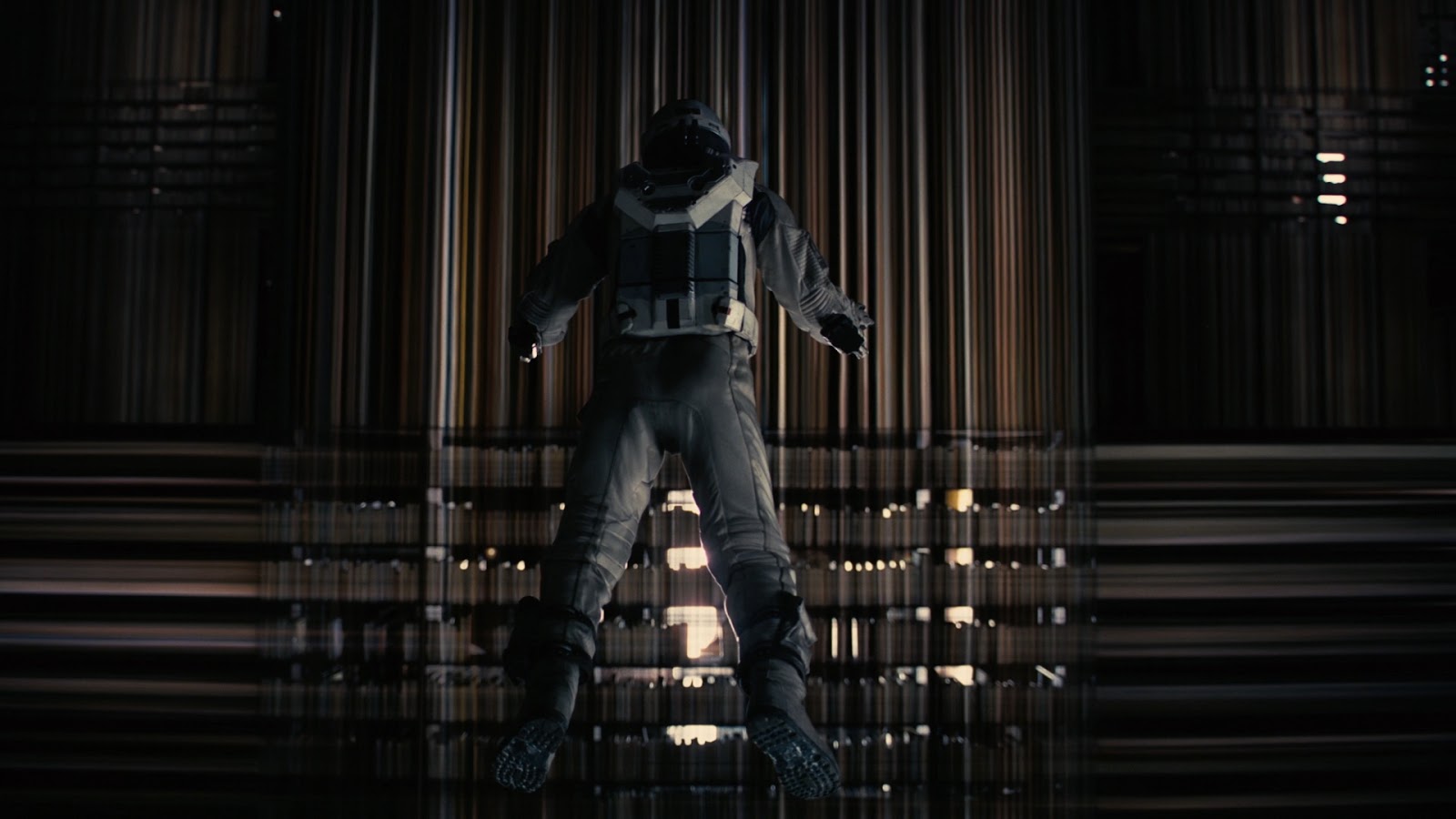
I've separated those titles for a reason - this is not exactly a study of the "Barbenheimer" phenomenon which weaves these two radically different films together at every turn. Instead, for the most part I'll be reviewing each film separately and without concern for the combination of their divergent material (aside from this intro and eventually, in a follow-up Patreon piece, some closing thoughts about what does potentially link these movies). At the same time, clearly I'm taking the bait here by writing a single piece to deal with both films. How could I not?! For fifteen years, my online work has been marked by an obsession with duality (even my most singular obsession, Twin Peaks, focuses on that theme). My very first blog post paired two DVDs spanning the history of cinema, and since then I've taken every opportunity to compare and contrast in prose, podcast, and video essay (including a "Side by Side" series devoted to that very theme). These switch between works with blatant connections (like the Sterling Hayden 1950s heist films The Asphalt Jungle and The Killing) - in order to tease out what makes them differ - and works that seemed fundamentally opposed (the anime series Neon Genesis Evangelion and the aforementioned surreal murder mystery Twin Peaks) - in order to tease out their rhyming sensibilities. A recently-concluded podcast covered dozens of different films with the hook of comparing them to Twin Peaks; as Kevin B. Lee once noted about my early video work, "interweaving" is a constant theme.
With all that in mind, I took immediate note of the bemusing, tongue-in-cheek "Barbenheimer" trend that overtook Twitter several months ago, following the announcement that Greta Gerwig's whimsical Mattel-sponsored toy movie Barbie would be released on the same day as Christopher Nolan's brooding period biopic Oppenheimer. The genesis of the meme is obvious at a glance - the movies form an almost too-perfect yin-yang in tone, aesthetic, creative development, and especially the gender of the protagonists and presumed audience. Cheeky vs. somber, bright vs. dark, commercial promotion vs. highminded literary adaptation, the ultimate chick flick vs. the distillation of filmbro chic. Alongside this fission, however, exists a sense of fundamental fusion. After all, if the films didn't have a certain consonance, the whole concept would fall flat. If Barbie dropped the same day as, say, Mission: Impossible 7, or Oppenheimer accompanied The Little Mermaid into theaters, there wouldn't be the same reaction. The most obvious parallel emerges in the titles themselves, one-word names of the central characters, lending themselves perfectly to a portmanteau. Both works are directed by distinctive auteur filmmakers working on a grand yet focused scale, making films that feel deeply personal even while addressing much bigger subjects. And those very subjects are both uniquely iconic. If the atomic bomb appears more consequential to human history than a plastic doll (despite what Gerwig's amusing 2001: A Space Odyssey opening tribute suggests), it's hard to argue against their equal ubiquity within pop culture. The Bomb and The Barbie have been wildly popular and deeply controversial, and the idea that they belong in the same conversation says much about the nature of postwar America, a legacy that lingers three quarters of a century later.
All of this was apparent at the outset, from posters and trailers, or even just knowing the basic concepts. Could this potentially long-winded joke ever have an adequate punchline, something which could convert it into a more profound meaning? I've avoided reading or listening to much else on the subject beyond those amusing memes (a follow-up exclusive to $5/month patrons will engage with critical commentary, among other matters). Nonetheless, I have peripherally picked up on some fatigue with the whole double feature conceit, implying a reversion to the idea that these two films are better viewed and discussed in isolation rather than forced concert. Even if that's the approach I'll mostly take here, it's worth noting that without the inspired pairing I wouldn't be reviewing these movies at all right now. I make it to few new releases, hardly ever on opening weekend, and have missed the more recent work of both directors (something I hope to rectify before that follow-up piece). I'm generally quite busy with online and offline work at the moment and it took some effort to catch this double feature last Saturday. The impetus of their complementary-yet-incompatible pairing made such an effort impossible to resist, so I'm thankful to the "Barbenheimer" booster rocket for that. For once I'm not catching up with a zeitgeist long after the fact - but are the movies themselves late to the party?









 I've already
I've already 